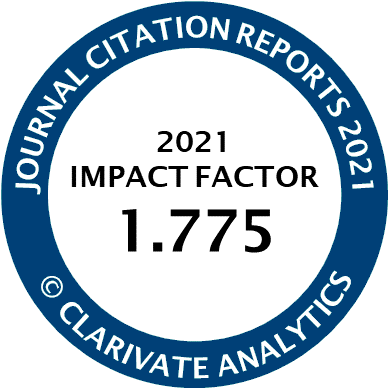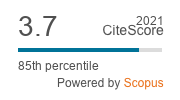Article | Open Access
It’s All Relative: Perceptions of (Comparative) Candidate Incivility and Candidate Sympathy in Three Multiparty Elections
| Views: | 56 | | | Downloads: | 17 |
Abstract: While growing attention has been devoted to candidates’ use of incivility in campaigns, its role in informing voters’ feelings toward candidates is still debated. This study embraces a constructionist perspective on incivility and focuses on the relationship between perceptions of candidate incivility and candidate sympathy. Its contribution is twofold. First, it extends incivility research generalizability by testing the association between voters’ perceptions of candidate incivility and candidate sympathy during three election campaigns beyond the US context. Second, it builds upon the notion of incivility as a norm violation and tests the hypothesis that perceptions of a candidate’s uncivil behavior are negatively associated with candidate sympathy when this behavior is inappropriate (i.e., it violates injunctive civility norms) and especially when it is uncommon (i.e., it violates descriptive civility norms). These interests are pursued through post‐electoral survey data collected in the Netherlands, Germany, and France. Findings show that incivility perceptions can, but not always, correspond to more negative feelings toward candidates. Furthermore, it is the incivility of candidates relative to that of their competitors that really counts for candidate sympathy.
Keywords: candidate incivility; candidate sympathy; France; Germany; incivility perceptions; multiparty systems; survey research; the Netherlands
Published:
Supplementary Files:
© Chiara Vargiu. This is an open access article distributed under the terms of the Creative Commons Attribution 4.0 license (http://creativecommons.org/licenses/by/4.0), which permits any use, distribution, and reproduction of the work without further permission provided the original author(s) and source are credited.



